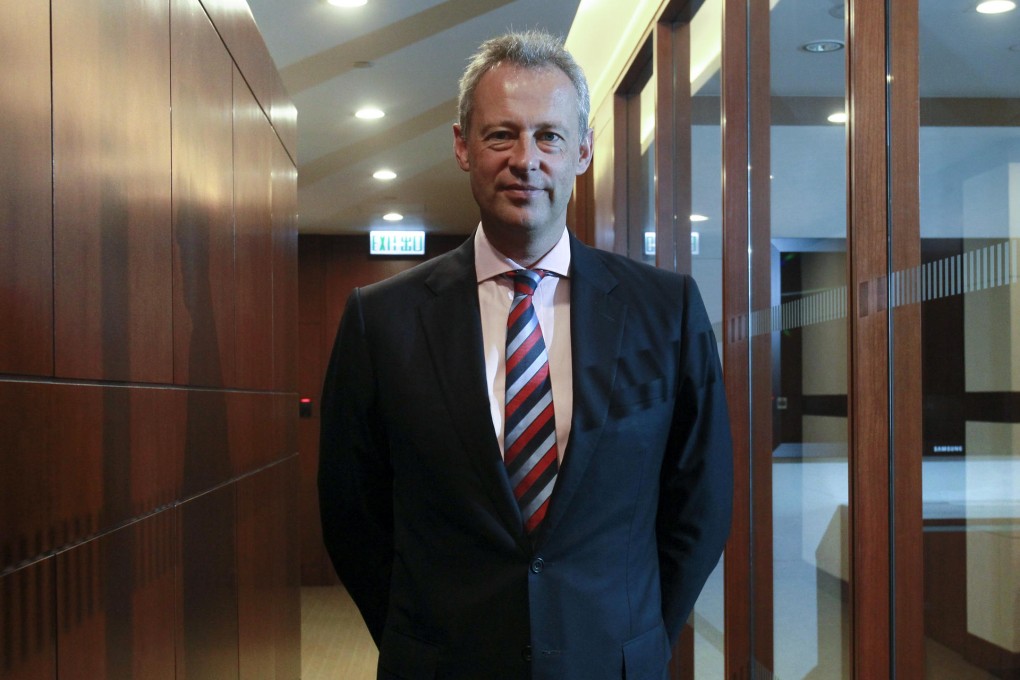New | BlackRock favours Japan and China
To John Saunders, the head of Asia-Pacific real estate at BlackRock, Japan and China are still interesting markets, one it bought into early and the other where it is hunting for targets

John Saunders was a pioneer in the latest round of investment frenzy in Japan, taking advantage of its economic recovery. About a year before Shinzo Abe became prime minster and implemented Abenomics in 2012, Saunders and his team at MGPA, which was acquired by BlackRock in 2013, started investing in Japan when many of his peers hesitated.
Now BlackRock's head of Asia-Pacific real estate, Saunders says Japan is still an interesting market to invest in. The company is also interested in commercial properties in mainland China's major cities.
We were very early investing into Japan in its economic recovery. We were investing nine to 12 months before Abenomics. I remember I used to take Cathay Pacific [Airways] to Tokyo, the plane was pretty empty. I was not seeing anyone I recognised in the real estate sector. But now I see many people I recognise on the plane.
We were buying a huge yield of 9 per cent, funding them for a cost at less than 1.5 per cent. That was a huge spread. Nobody expected that was the election of Abe and the whole policy of Abenomics. Abenomics is about QE (quantitative easing). You see what happened to the yen. If you hedge with your equity, which we do, then actually a falling currency is very good for real estate. So clearly, we made a really good gain on most of our investments.
At the time, we believed rents would stop falling. When they do, people will compress the capitalisation rate (and assets values will rise). This was an initial premise. We did not expect Abenomics. That was a pleasant surprise.